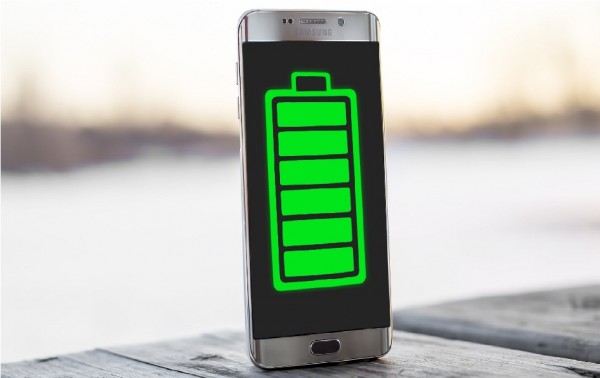By Lynn Palec, | November 24, 2016

This new type of battery technology could lead to high-capacity batteries that charge very fast and can last more than 20 times longer. (YouTube)
A new type of supercapacitor battery prototype has been created by scientists from the University of Central Florida. This new type of battery technology works even after being recharged 30,000 times.
Scientists working on the project said that the technology is still a proof-of-concept, but it shows promise. The research into this new type of battery technology could lead to high-capacity batteries that charge very fast and can last more than 20 times longer compared to conventional lithium-ion battery packs.
Like Us on Facebook
This so-called supercapacitors can be charged quickly as they store electricity statically on the surface of the material as oppose to using chemical reactions which conventional battery packs use. To create supercapacitors, scientists used a two-dimensional material sheet that has a large surface area which allows it to hold huge amounts of electrons, according to Inverse.
Instead of using grapheme as the two-dimensional material, scientists wrapped 2D metal materials which are just a few atoms thick around very conductive 1D nanowires. This allows electrons to pass quickly and more efficiently from the core towards the shell. As a result, it created a fast charging material that has high energy and power density which is relatively easy to produce.
In a statement acquired by Engadget, University of Central Florida scientists Yeonwoon Jung said, "We developed a simple chemical synthesis approach so we can very nicely integrate the existing materials with the two-dimensional materials."
According to Jung, the research is a "proof-of-concept," adding that the team working on the project is now trying to patent the new process that they have devised.
Experts believe that if the scientists working on the project can commercialize the technology, its possible applications include battery packs for electric vehicles, smartphones, and home energy storage solutions.
-
Use of Coronavirus Pandemic Drones Raises Privacy Concerns: Drones Spread Fear, Local Officials Say

-
Coronavirus Hampers The Delivery Of Lockheed Martin F-35 Stealth Fighters For 2020

-
Instagram Speeds Up Plans to Add Account Memorialization Feature Due to COVID-19 Deaths

-
NASA: Perseverance Plans to Bring 'Mars Rock' to Earth in 2031

-
600 Dead And 3,000 In The Hospital as Iranians Believed Drinking High-Concentrations of Alcohol Can Cure The Coronavirus

-
600 Dead And 3,000 In The Hospital as Iranians Believed Drinking High-Concentrations of Alcohol Can Cure The Coronavirus

-
COVID-19: Doctors, Nurses Use Virtual Reality to Learn New Skills in Treating Coronavirus Patients











